Rouhani rejects US, EU ‘concerns’ about Iran’s 60% enrichment level
President Hassan Rouhani has rejected the “concerns” of the Europeans and the United States about Iran’s recent decision to start enriching uranium to 60-percent purity, saying the two sides have a false perception of Tehran’s latest remedial step away from the 2015 nuclear deal.
Speaking on Thursday, Rouhani rejected claims that Iran’s new enrichment level could be a step towards weapons-grade uranium and stressed the importance of the diplomatic efforts underway in Vienna aimed at reviving the 2015 nuclear deal between Tehran and major world powers.
“It does not matter to us when the enemy will return to reason and show humility before the law, but we are sure that for the United States and the countries that are participants in the JCPOA, there is no way other than to fully return to [UN Security Council] Resolution 2231 and the JCPOA. If they do so, we will immediately return to all our own commitments under the JCPOA after verification,” he said, referring to the nuclear agreement by the acronym of its official name, the Joint Comprehensive Plan of Action.
“Therefore, the concerns raised by the US and Europe … and the perception that the 60% enrichment means moving towards 90%, is not true; It is wrong to think that we are paving the way for the production of atomic bombs,” he added.
The Iranian chief executive said we could have enriched uranium to 60-percent before, too.
“Today, we would do 90% enrichment as well if we chose to. However, we are determined to keep our promise. We are not looking for a nuclear bomb,” he said, in reference to a fatwa (religious decree) by Leader of the Islamic Revolution Ayatollah Seyyed Ali Khamenei that bans the production, possession and stockpiling of nuclear weapons and other WMDs.
The remarks came two days after Iran announced that it had informed the International Atomic Energy Agency (IAEA) of a plan to start the 60-percent enrichment, under which 1,000 advanced centrifuge machines will be installed at Natanz nuclear site.
The decision followed a suspected Israeli act of sabotage at the facility, which is among the sites being monitored by the IAEA under the JCPOA.
US Secretary of State Antony Blinken, whose country caused a crisis for the JCPOA by pulling out of the deal and re-imposing anti-Iran sanctions, called Tehran’s announcement “provocative,” claiming that it raised questions about the seriousness of Tehran over the Vienna talks.
“We take very seriously its provocative announcement of an intent to begin enriching uranium at 60 percent,” he said in Brussels on Wednesday. “I have to tell you the step calls into question Iran’s seriousness with regard the nuclear talks, just as it underscores the imperative of returning to mutual compliance with the JCPOA.”
Similarly, Britain, France and Germany claimed in a statement that Iran’s decision to enrich at 60 % and activate advanced centrifuges was at odds with the Vienna talks.
“Iran’s announcements are particularly regrettable given they come at a time when all JCPOA participants and the United States have started substantive discussions, with the objective of finding a rapid diplomatic solution to revitalize and restore the JCPOA,” the three countries said.
“Iran’s dangerous recent communication is contrary to the constructive spirit and good faith of these discussions,” they alleged.
VIDEO | Iran eases the rules for exporting hand-woven carpets
VIDEO | Intl. Day for the Elimination of Violence against Women: A stark reminder of Gaza women
Australia denies ex-Israeli minister Shaked visa
VIDEO | 85% of Yemeni displaced people face daily hunger crisis
US House passes bill targeting charities and pro-Palestine groups
VIDEO | Supporting Gaza genocide
Hezbollah attacks Israeli forces after Lebanese homes blown up
World leaders, states hail ICC arrest warrants for Netanyahu, Gallant


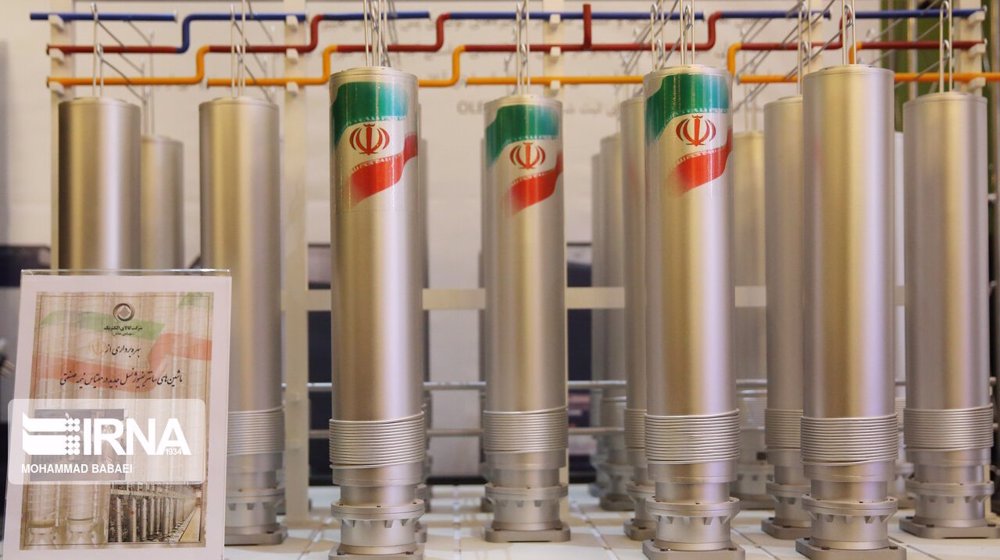
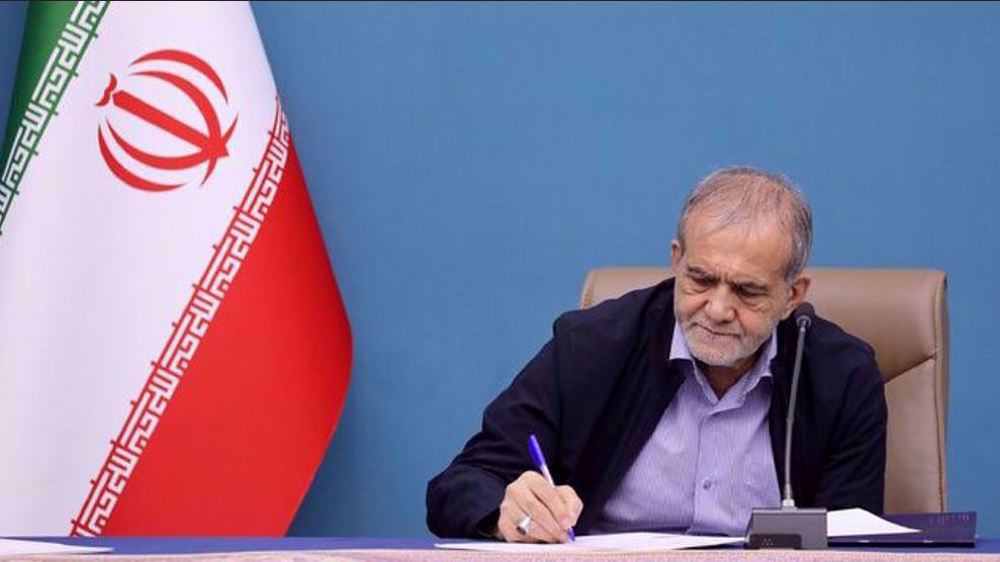
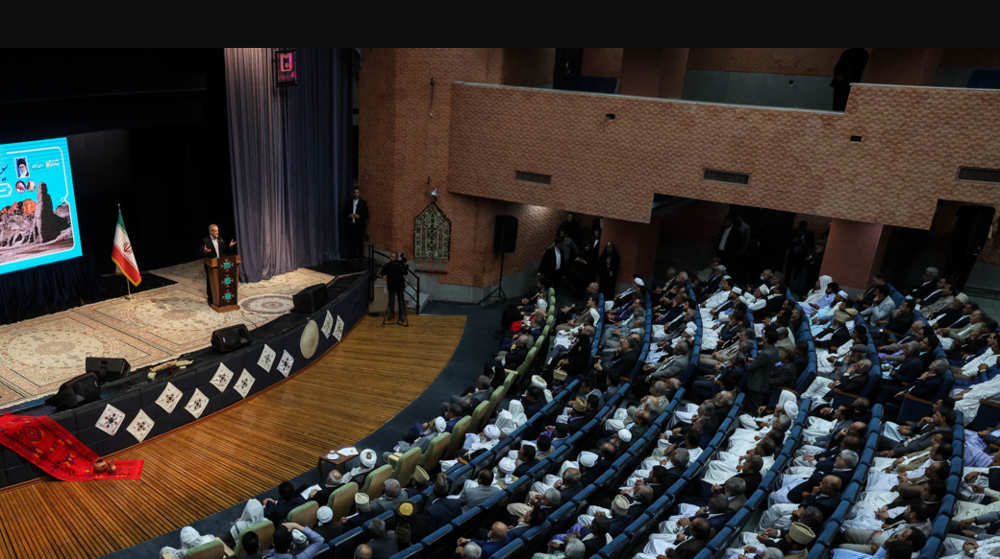
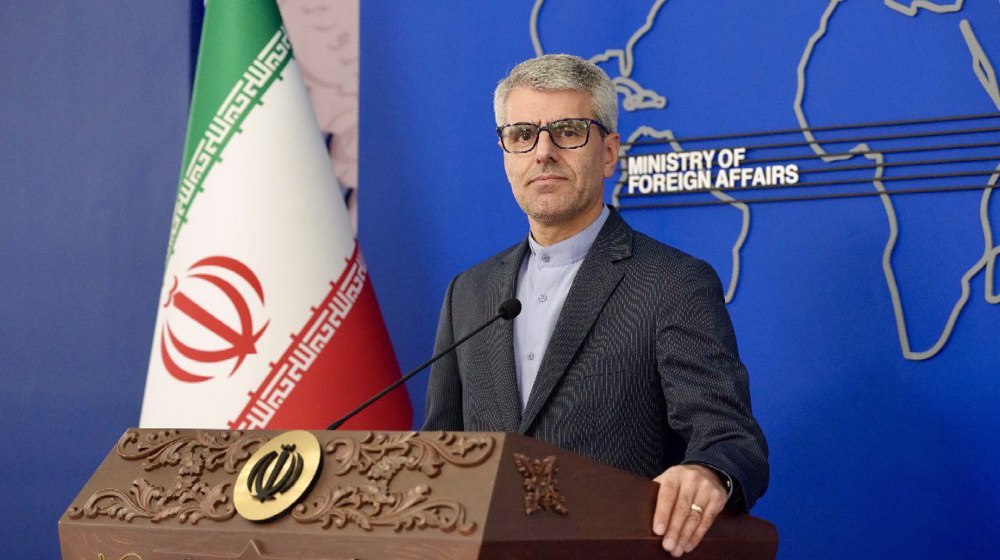



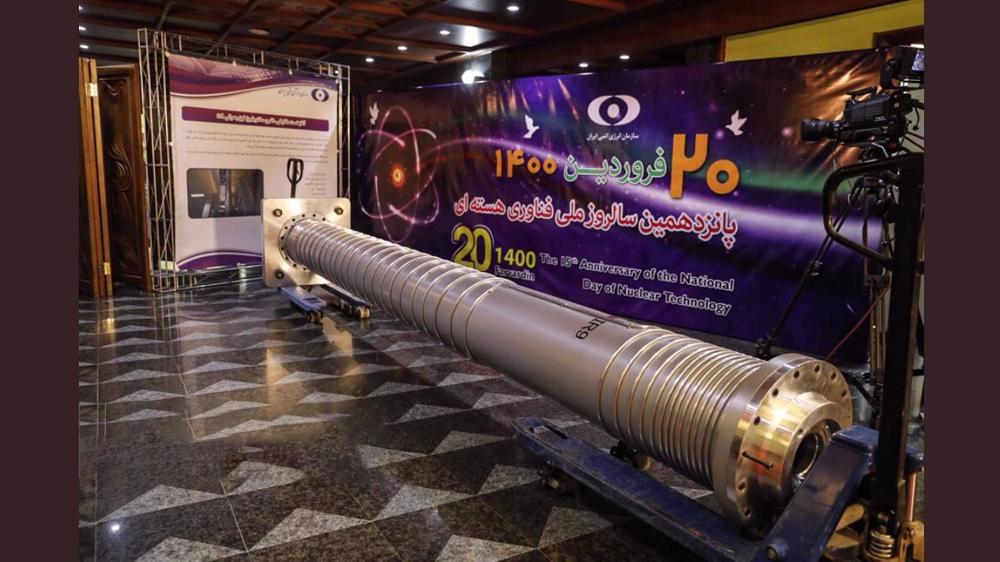
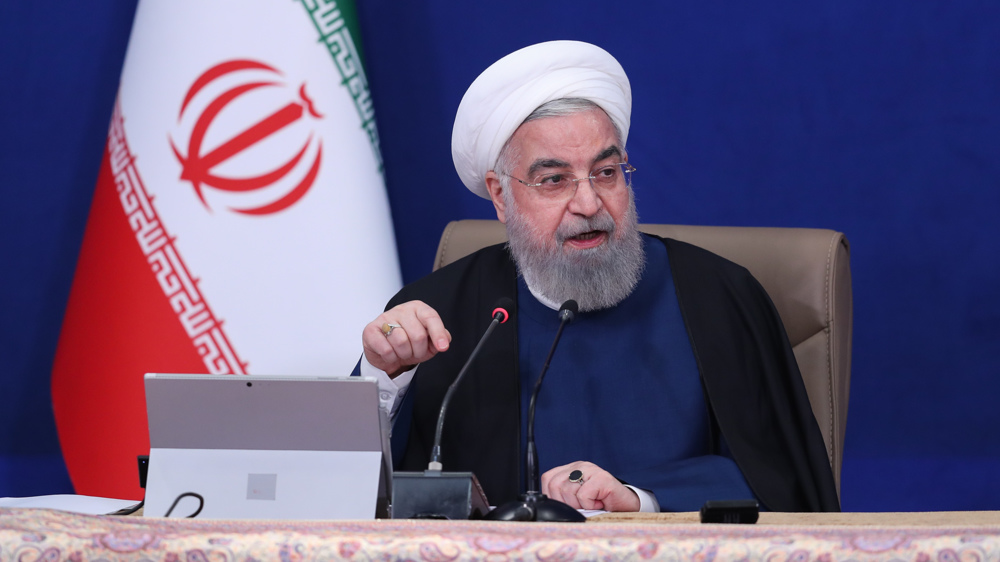
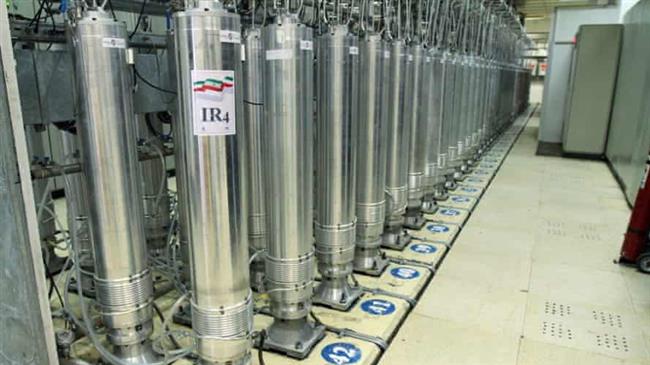

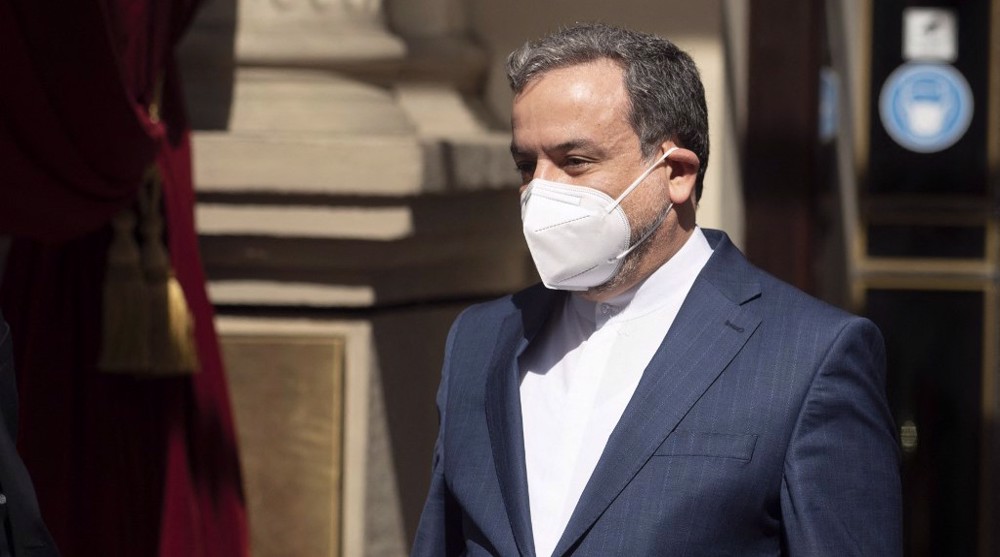
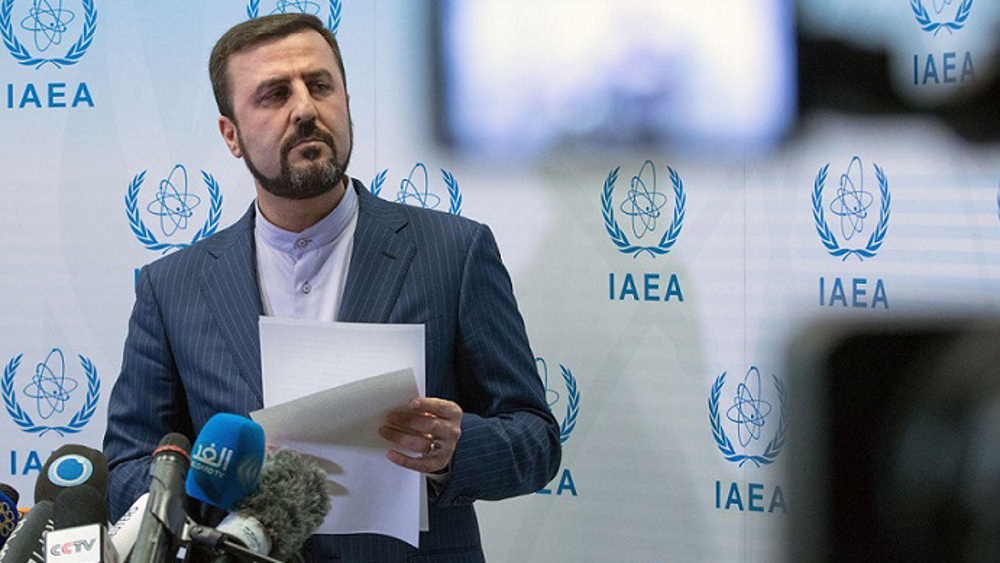
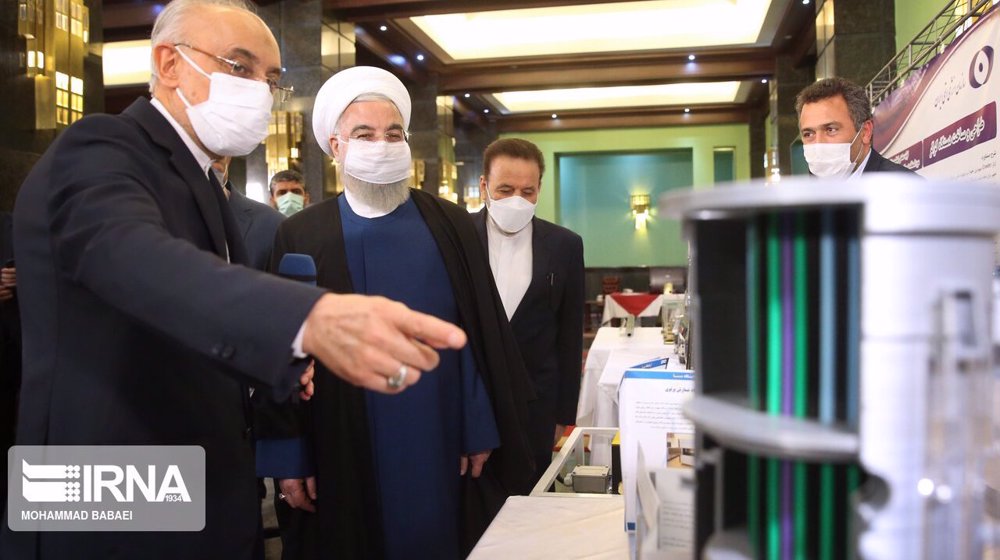

 This makes it easy to access the Press TV website
This makes it easy to access the Press TV website